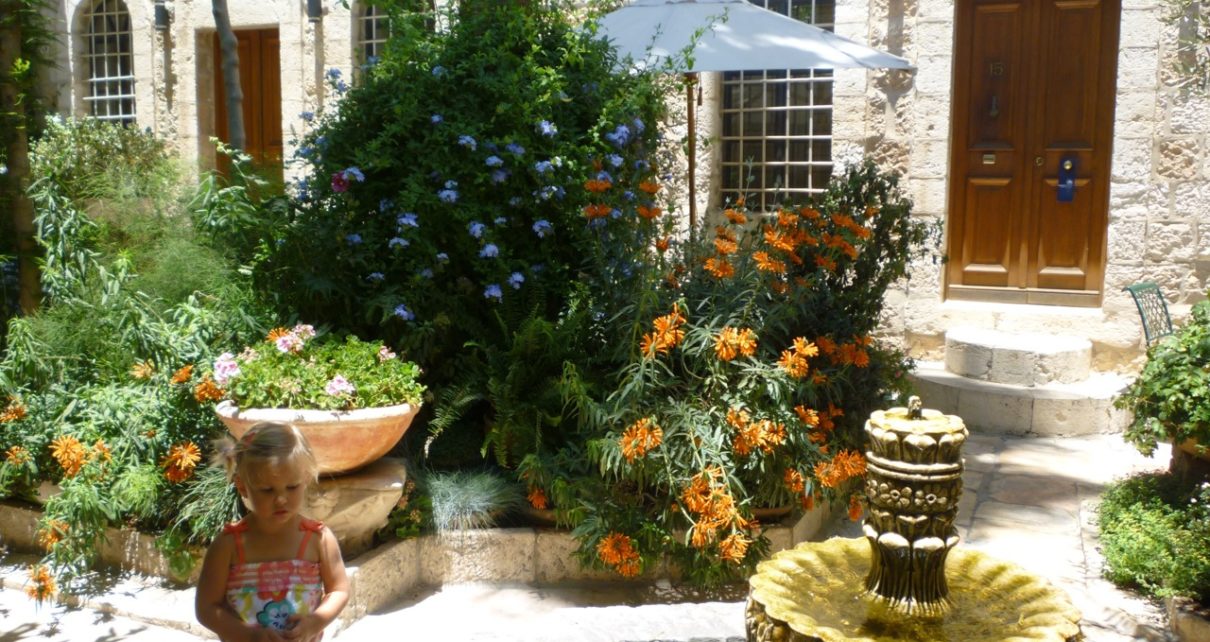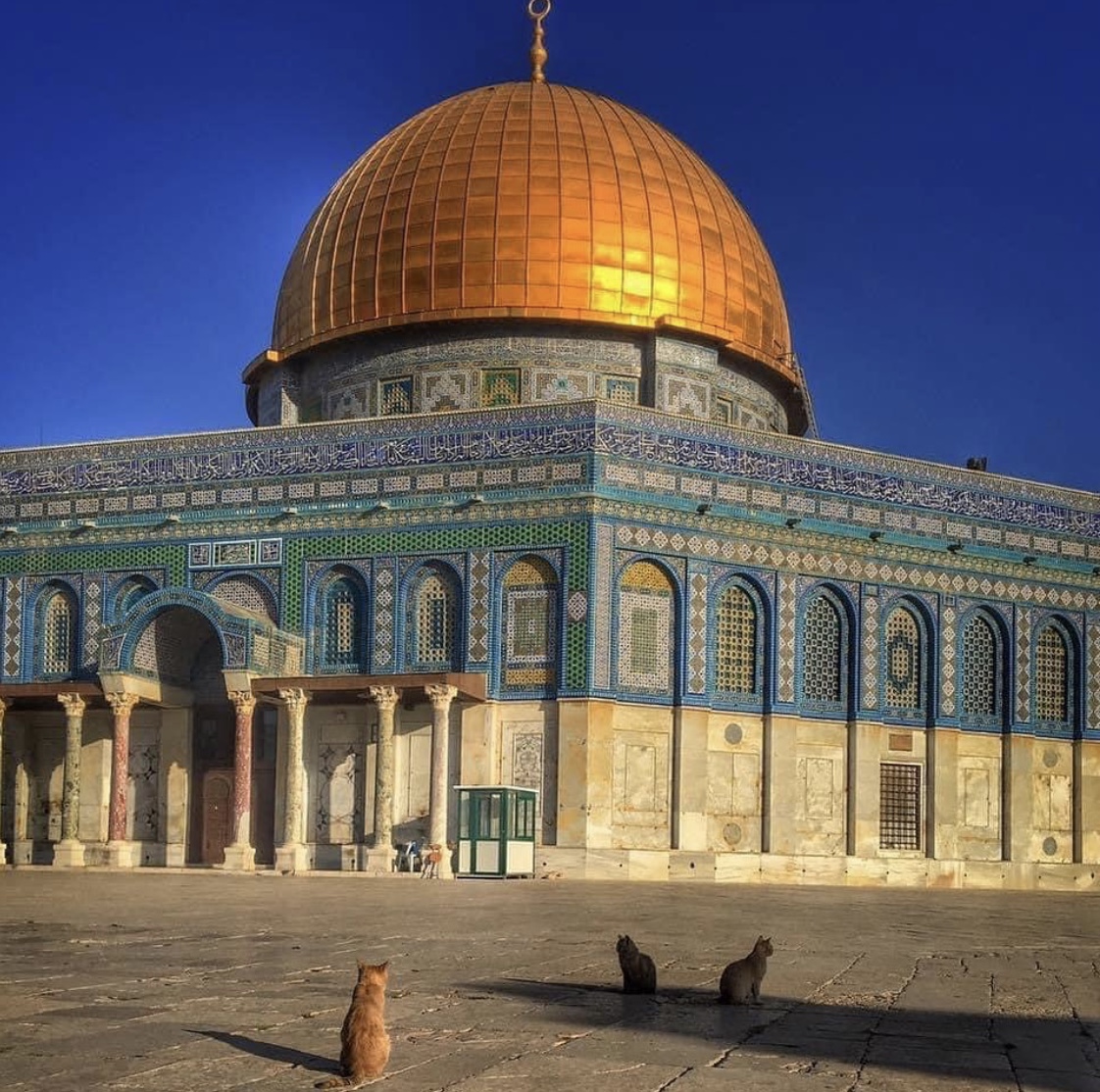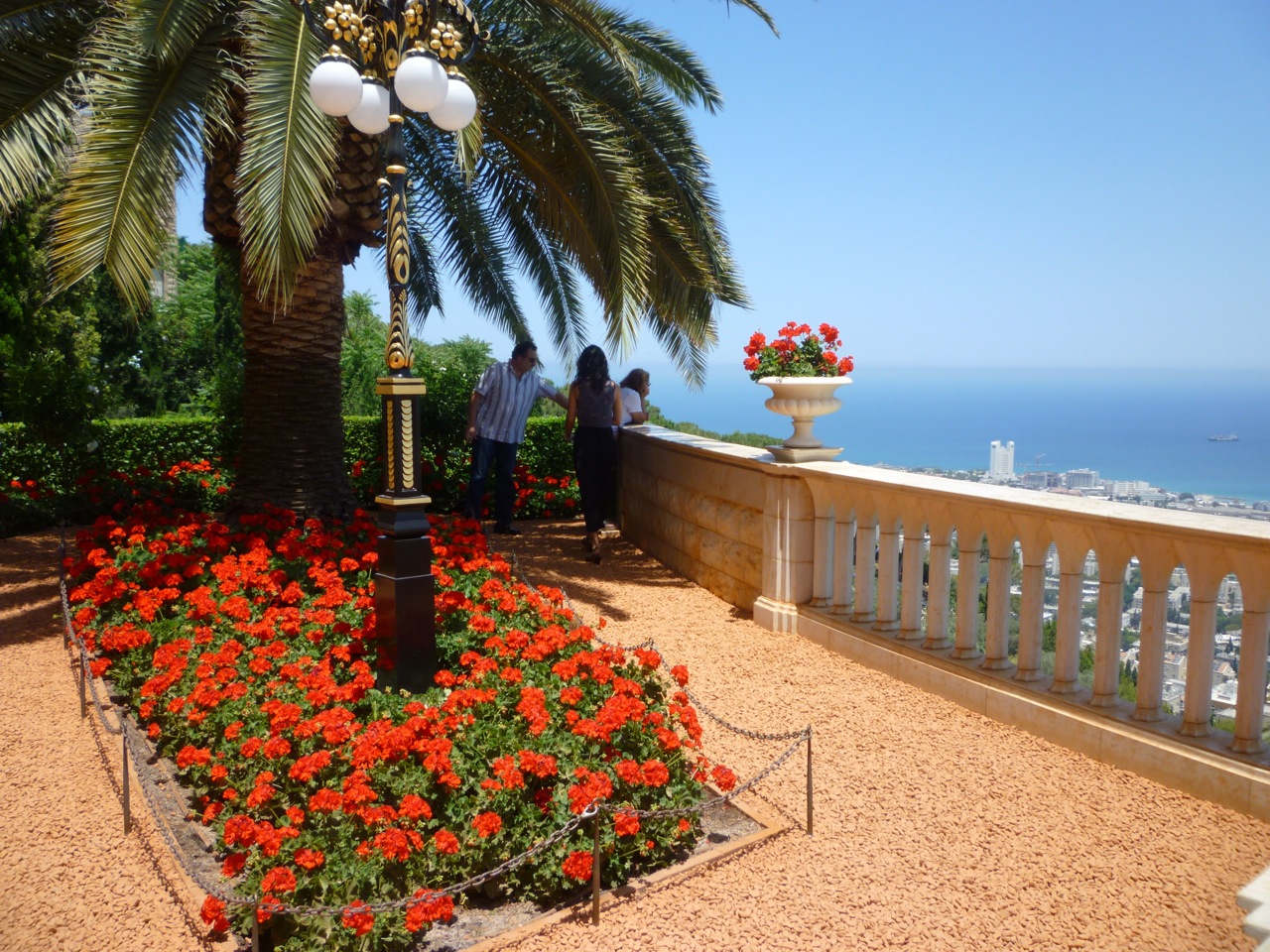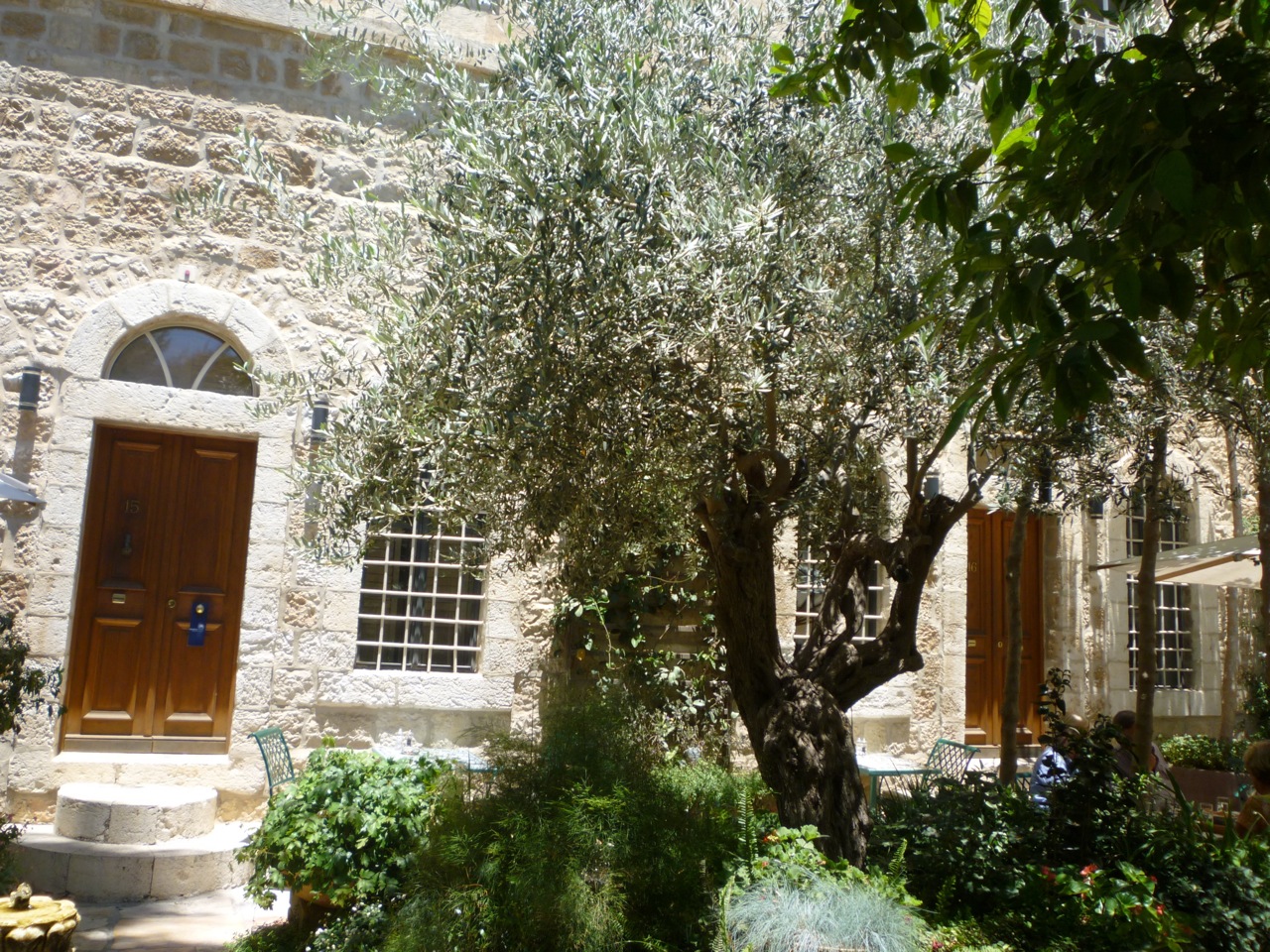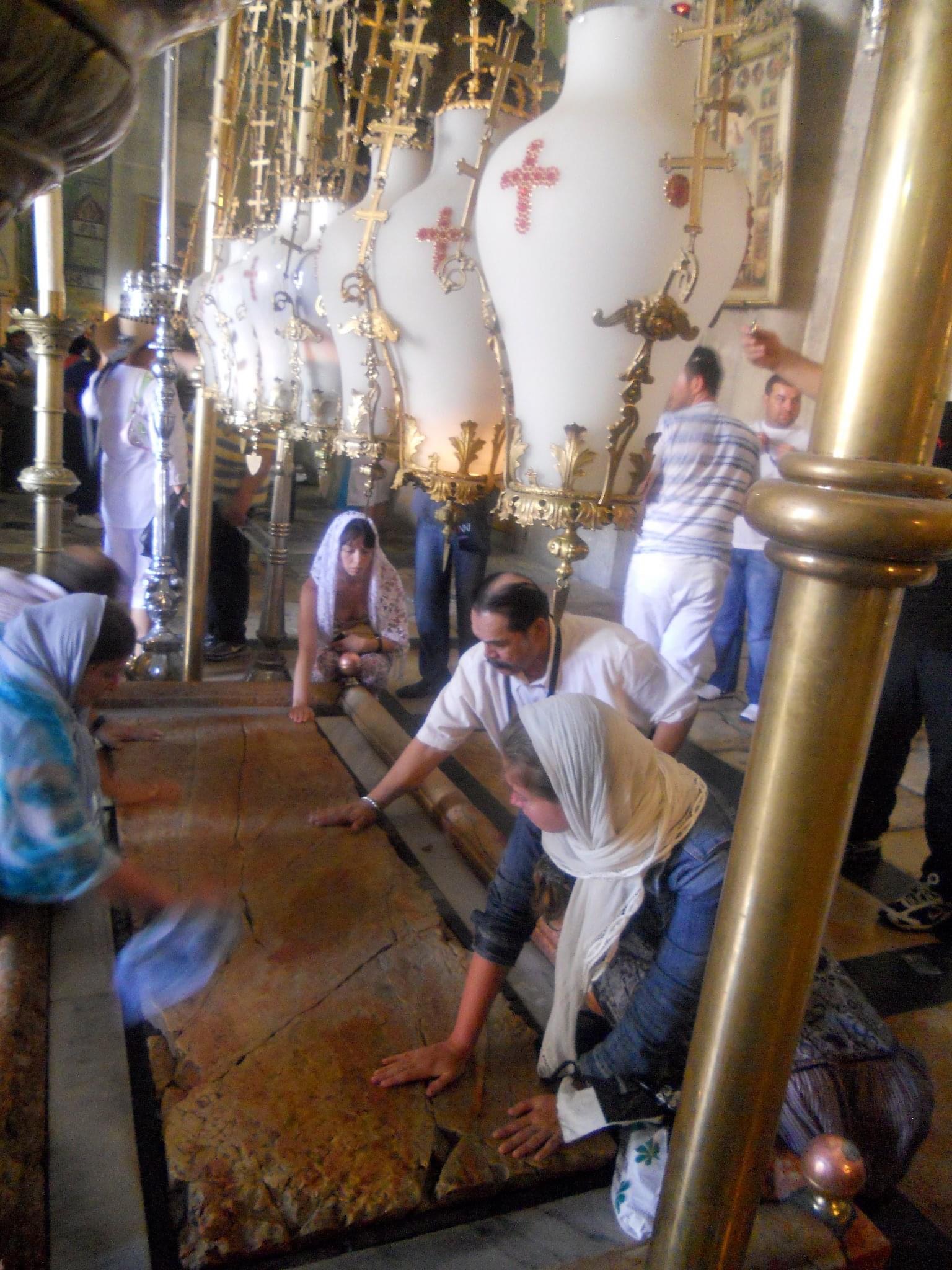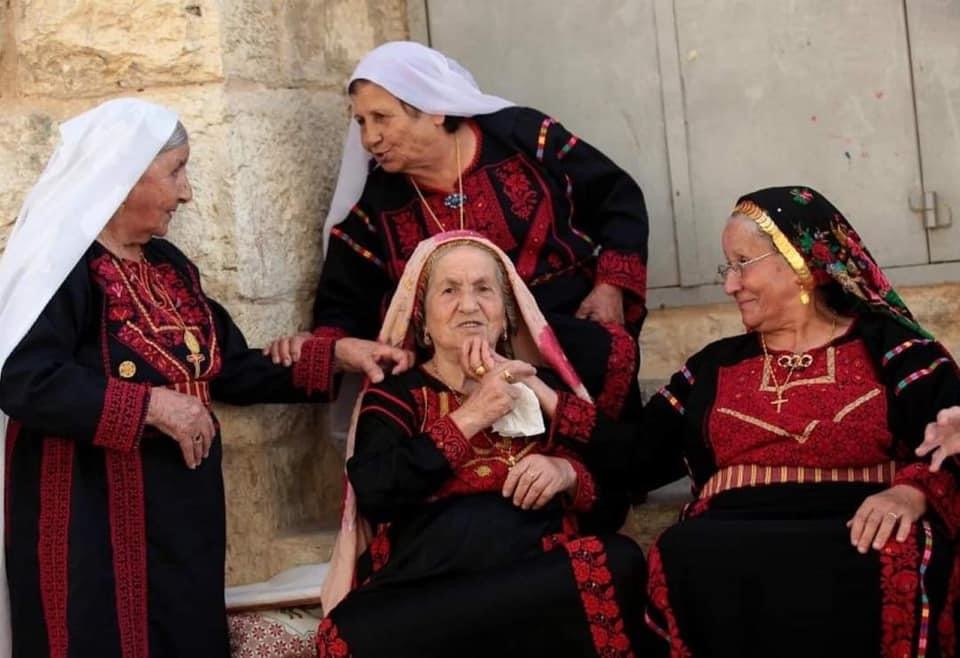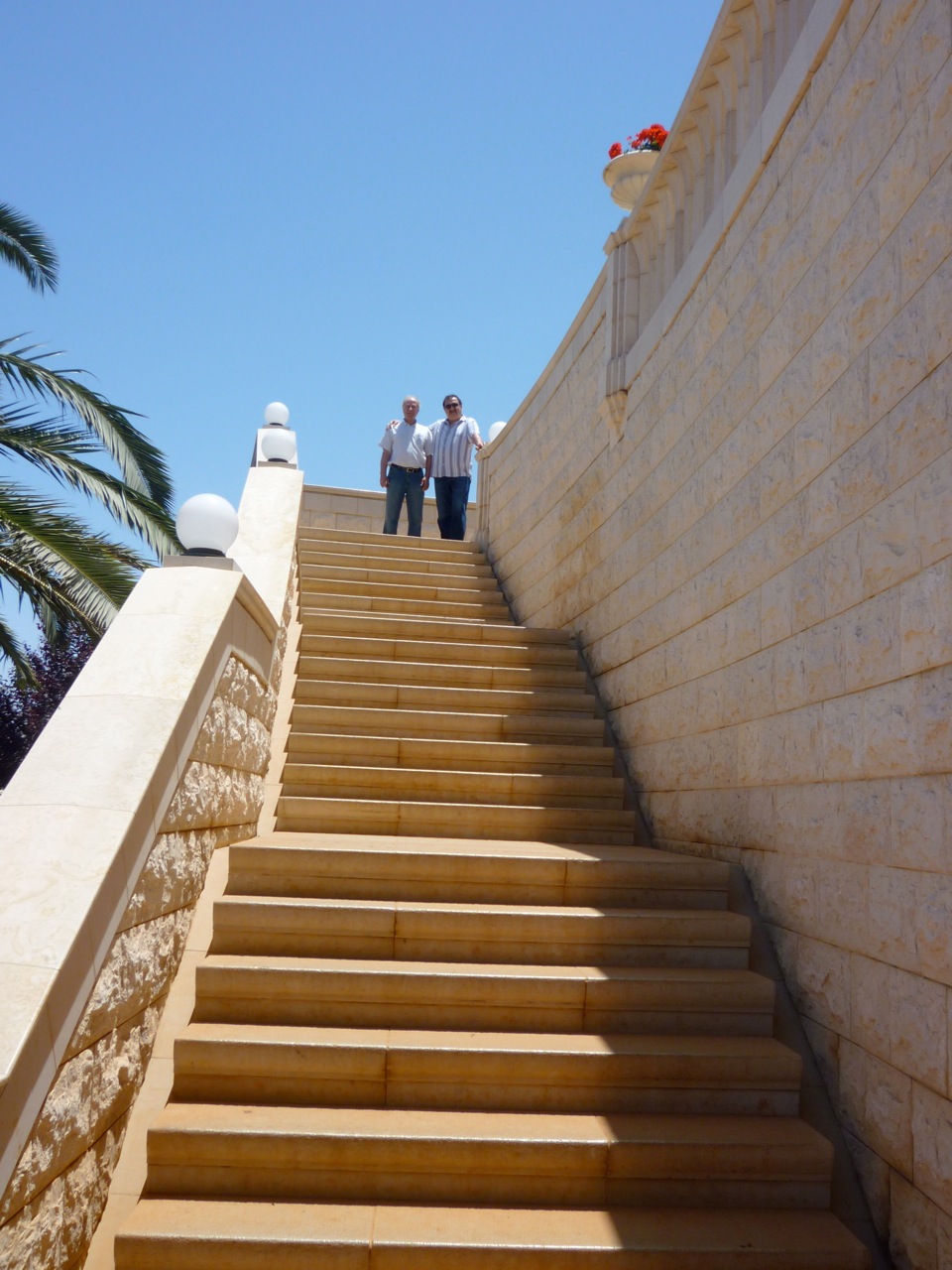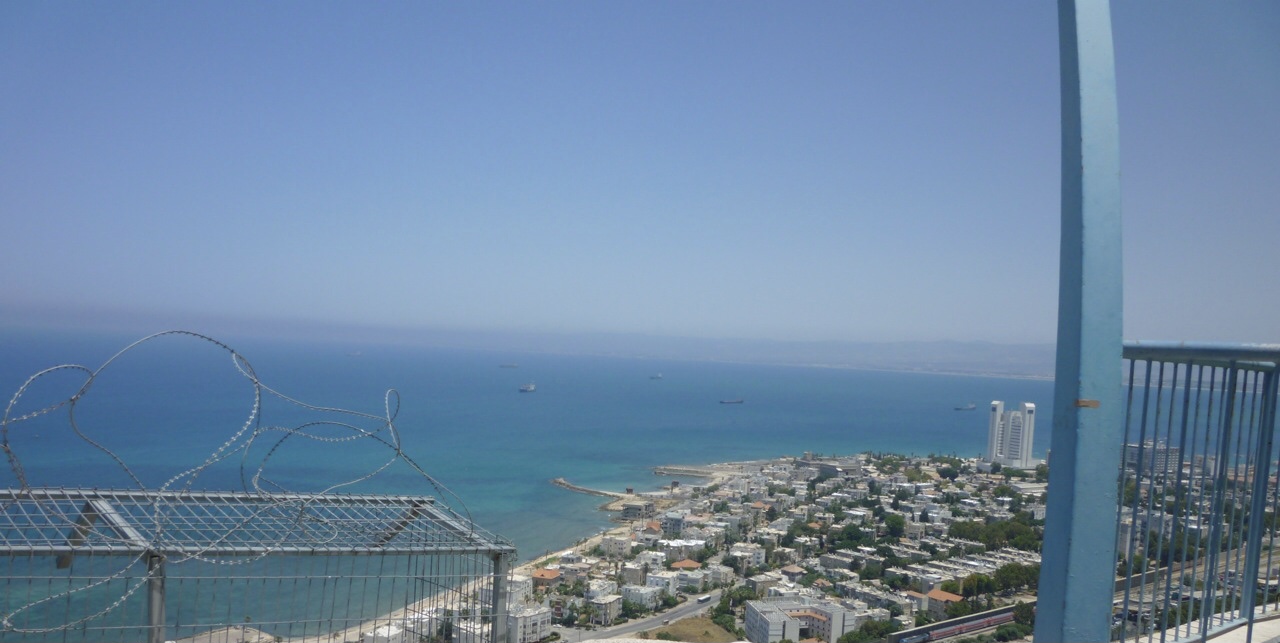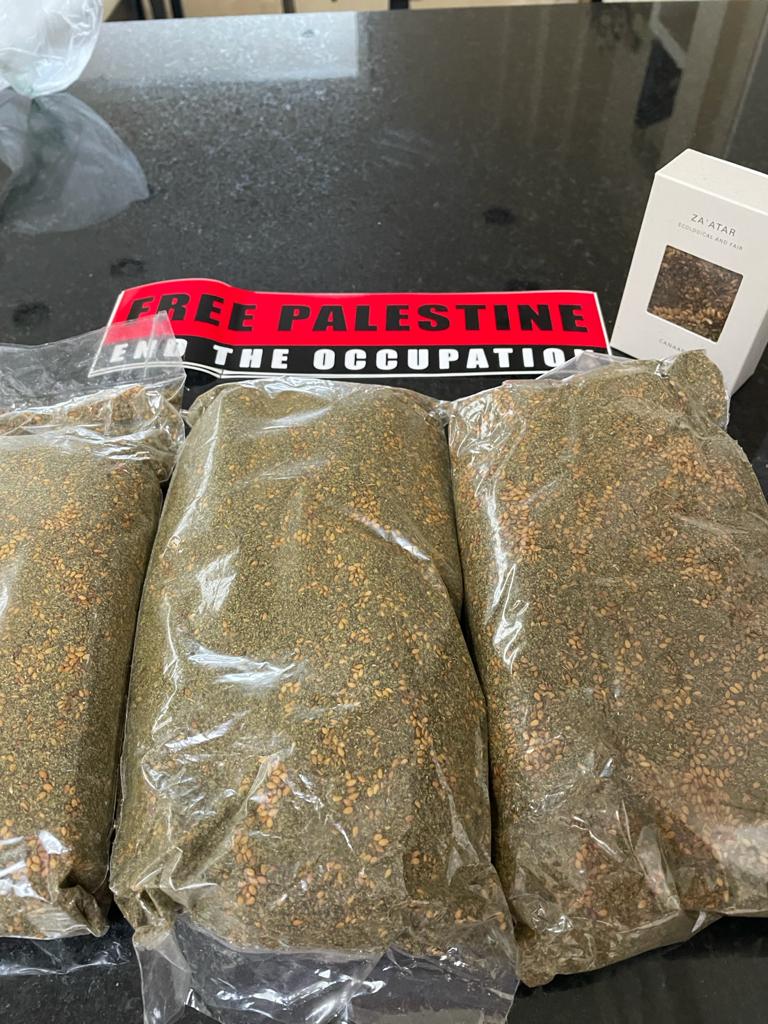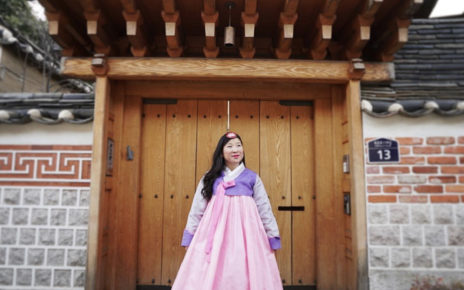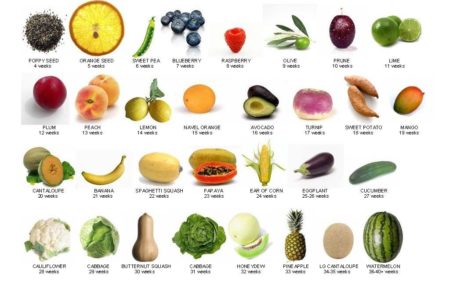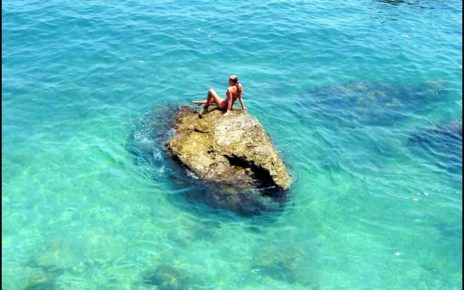The first of its kind in North America, the event featured writers, poets, artists, publishers, scholars and activists eager to discuss the inherent connection of art, literature and culture to political struggle and solidarity. Originally scheduled for March, the event that was cancelled due to pandemic welcomed over 3,000 active participants and viewers from 75 different countries. It set into fractyllized discourse, the dynamic interplay of colonialism, apartheid and oppression.
“Oppression knows no boundaries. Our identification to struggle is active, as a form of solidarity. Those persecuted for speaking on our behalf acquire our protest, our mutual defense. Joining forces with the oppressed defines solidarity.” –Hanan Ashawari.
Featuring revolutionary panels, performances, interviews and discussions, they ranged from dispossession, collective memory, and the right of return to feminism, queerness, and artistic documentation. Attendees were honored the ability to interact and engage with pioneers and other participants throughout, after and adjacent to (the lounge) the panels and interviews. Film screenings, cooking demonstrations, and musical performances further spiced up the 5-day festival. Meanwhile, the children’s program and tent and ‘coffee and books’ sessions injected a much needed wholesomeness to the emotionally charged experience.
“Palestine is a land and metaphor for freedom which is inextricably linked to the freedom of all oppressed and colonized people around the world.” –Ayah el Fahmawi
In the “Poetry in Parallel” panel, Fahmawi envisions what a “free Palestine” might look like. Neither ornamental nor grandiose, her vision is wrought with a mere absence of hardship. It is a desperate plea to simply be—without falter or consequence. Entreating for the suffering to end, the complexity of her pain is manifested by the delicate imagery of Rafeef Ziadeh’s poem “Three Generations”:
“I am three generations of women who never made it past 40. They were erased one way or another. Bullets or memories of bullets stole them… Every exhale…I am their every hug enough to be broken by a soldier…Every zaatar sandwich between the notebooks… Every angry stare at a checkpoint…We mark funerals as loud as we mark weddings…Is there a place where we can be more than thunderclaps and hashtags? Is there a place where I don’t have to justify that our lives are also sacred? Is there a place where they can just let us be HOME.”
‘Stolen memories,’ ‘angry stares’, ‘bullets stealing exhales’, the poet grew up feeling invalidated—erased. Delegitimized in every way, she grew up having to hide her “every zaatar sandwich between the notebooks.” Not concealing evidence of her Arabic heritage would otherwise put her at risk of persecution. Sound familiar? Well apartheid and ethnic cleansing are undeniably a form of Holocaust. Poetry helps to structure emotions inexplicably, while storytelling makes it possible to relive and navigate the emotional process. Fahmawi manages to eloquently blend the two.
“The purpose of writing is the recounting and retelling of stories, but also a forward-looking construction creation of our narratives: past present and future” –Voulette Hattar
Subsequently, the four emerging writers on the “Architects of Our Narrative” Panel addressed the importance of Writing from within Palestine and the Palestinian diaspora. Mohammed El Kurd, winner of the Gassan Knafani Scholarship, affirms:
“In the mainstream, the Palestinian narrative is incredibly misrepresented or super diluted to fit liberal benign standards of acceptance and solidarity.”
Having grown up in Jerusalem, his family’s house was taken from them, and he spent his teenage years watching his mother and grandmother and women in the neighborhood ‘actively resist’: “The English literature did not match” the realities. He now “recognizes a sincere responsibility to write affirmatively and assertively the discourse about Palestine.” Citing the media’s tendency to erroneously title ‘displacement ‘and land theft as ‘eviction’, he has “full plans to infiltrate the mainstream in a loud way, instead of accepting being shrunken down [and chastised]”.
“If writers are not able to critically address the system of oppression–if we are unable to unveil and call them what they are saying—`then we cannot move forward. I write because we need to actually say the truth.” -El Kurd
Writers do indeed pave the way to reliving and realigning histories and disempowerment. Real change and progress comes from “calling it what it is,” avows award finalist Violette Harrar. Despite the fears and ‘righteousness’ with respect to illuminating certain vulnerabilities, El Kurd intonates: “Writing and literature are on the frontlines towards achieving our goals of liberation.” The Palestinian experience should not, hereby, remain ‘hijacked’, misconceived and ‘dominated by white writers’. We must ‘address the colonizer’ directly; we must expose the reality of the ‘hierarchy’ of Israeli oppression.
“Writing can construct and create something new. It is a conduit to what’s not available in the everyday. It allows us the agency to not discreate them, but to be a part of a collective narrative in service of our struggle.” -V. Hattar
Palestinians writing in English do often, nevertheless, find themselves having to negotiate their identities and culture. This was the central theme in the “Cultural Dissonance & Negotiating Language” panel. “Palestine in English is nascent… [it] enters English through the framework of empire”, said Fady Joudah, physician and poet. “Palestine in Arabic is free. It does not need to explain itself in similar ways that Palestine in English needs to explain itself.” It needs to negotiate itself morally and ethically, because these are not universally recognized concepts. Moreover, the interior and exterior persona in English today requires more balance and approximation than it does in English.
“In the last generation or so, Palestine in English has become more removed from Arabic language and culture than it had been previously.” –Fady Joudah
Add the ‘dissonance’ within our own ‘diaspora’ to the linguistic mix, and you end up with a richly textured cultural fabric. This fractalized fabric in turn supplies the basis for solidarity, from within and without; as long as we can innovatively render our language and discourse internationally applicable and accessible, our solidarity may be exported. Nevertheless, Joudah emphasizes that we will always be “exporting paradigms of solidarity from within the imperial framework”. Language must, subsequently, be continually renewed and carefully appropriated across borders, through time, space and context.
“Acknowledging the dissonance within our own diaspora is deeply productive for imagining how together we may be free… We are not always Palestinian in the same ways; we live alongside and in vast divides across class, religion, politics, etc.” Sophia Azeb
Recalibrating our identity-relationships to others through language will in turn enable us to understand others’ confrontations and struggles toward liberation. Syria, Iraq and Algeria endure their own combat for liberation, as do the Armenians, Cubans, Africans, and Jews. Moments of mutual discovery, metaphor and analogy highlight the shared, yet dissimilar dreams for liberation. They enrich the attachments between ourselves and foreign ‘aliens’, whose politically incoherent identities, too, stretch their bodies into vibrating bow.
“The trauma my parents experienced is so profound I’m surprised they could pick themselves back up and raise us.” –Ghada Karmi
Exile is a jealous state. We reproduce the conditions of Exile to everywhere ‘new’ that we land. We do this with one another as well. ‘Hey, where is your family from? what race are you?’ But we do not always understand one another; we know ourselves to be stratified in terms of being and belonging. We know ourselves differently across the spectrum of nationhood, always. As Mahmud Darwish says: “I become you, but I do not resemble you.” We plant our memories in the prospect of living beside them. In the soil feeding the roots of this knowledge—what exactly happens to our solidarities? Do we commit ourselves to one another, or end up trapped within the exceptionalism of western civilization?
“Interpersonal and structural relationships align with the black struggle, or within the analogy of ‘our struggle is like your struggle’? Is that not the path of freedom we long to develop?” -Sophia Azeb
IMAGINATION HELPS TO TRANSCEND THE BARS
Warriors seek justice and solidarity, as poets sing to preserve what political prisoners could only come forth, bleeding and pleading in letter. Suha Jarrar and Yafa Jarrar, during the keynote “Culture, Solidarity & Internationalism” panel, illuminated the receipt of CULTURE and LITERATURE within Israeli prisons. Having arrested and detained millions of Palestinian as young as age 6 with impunity since its founding, Israel brands them ‘terrorists’ and charges them guilty by mere virtue of identity. They read us some of those letters, written by Palestinian Political Prisoners. Lamenting the lack of access to books, many are confiscated and subject to scrutiny checks. Sometimes banned from receiving allegedly ‘inciting’ texts for 2-3 months, Israeli prisons restrict prisoners’ access to literature and the outside world. There is after all, “no legality within the Israeli prison system,” declared Hanan Asharawi. “It is a means of oppression and of silencing the Palestinian resistance of all types.”
“BOOKS constitute the foundation of life in prison. They preserve the psychological and moral balance of the freedom fighters who view their detention as a part of the overall resistance against the colonial occupation of Palestine.” -Jarrar
Civil rights activist and prisoner Angela Davis, who recently had an award revoked for her longstanding support for Palestine, understands the importance of words from behind bars. She says that when she was in jail in 1970, her most important moments were when she received letters from Palestinian prisoners. Smuggled out of Israeli prisons, they ‘connected’ her to Palestine and to the international world. Renowned novelist Toni Morrison at her death was even reprimanded for signing a letter advocating against the “efforts of Israel to liquidate Palestine,” * recalls Davis. This testifies to the unrestrained ability of letters and books to not only sway, disrupt and intimidate politics and law, but to capture the collective imagination.
“My trajectory as an activist has been aligned with a struggle for a free Palestine. Free Palestine has constituted my foundation […] so many black figures have spoken out for freedom for Palestine: Toni Morrison, James Baldwin, Nelson Mandela.” -Angela Davis
Davis is hopeful that a globally aligning today’s Moral Imagination may ultimately dissolve any attempt at excluding the Palestinian and Black struggles from contemporary discourse. “There are many ways the Palestinian struggle parallels the black one,” she notes. First, there is the Enemy of the Son, a collection of Palestinian resistance poetry that for four decades circulated in Black Panther newspapers and other venues under black prisoner George Jackson’s name. It captures the “interrelations and interconnected intricacies of our common struggles.” Second, she reminds that “the first round of Palestinian resistance literature was published by a small black publishing house.” All black revolutionaries knew this too.
“It occurred to me that even if I was taken to death chamber, I knew would not be alone. I would be accompanied by all the people in south Africa, Palestine, Brazil—who gave me courage. I began to hear about the organizations of the outside world … I began to feel myself apart of all the struggle that was unfolding on the other side of the wall. I was united with others on the other side of the wall. Fear does not have to be an immobilizing force. We can work thru that fear… We can mobilize thru that fear, and so I emphasize the importance of collectivity–the importance of community.” -Davis
Palestine may be losing on the surface, but Israel is the one “losing the legitimacy war,” says International law scholar Richard Falk: “The reality of apartheid is that the oppressive has no means other than state terror to control”, and this excessive investment in military solutions for political gain, as with all colonizing powers throughout history, has resulted in Israel’s failure to “gain spiritually moral high ground in a situation of conflict.” Overtly committed to the marginalization of the moral imagination, “the Elites have yet to free themselves from the militarization of their own imaginations.” A firm believer in karmic retribution, and in the morally sound, Falk proclaims:
“I’ve been impressed by the spiritual resilience demonstrated by Palestinians which I believe is the path to liberation and victory. Spiritual perseverance and global resonance in the form of solidarity will prevail. It may be a painful struggle with many tragedies along the way, but the flow of history is consistently vindicating that commitment to liberation.”
Every aspect of this Palestine Writes conference is, heretofore, an act of resistance, legitimization and change. Writing for a free Palestine vibrates its chords to the basest of all power struggles, resounding hymns to which all trapped within the webs of injustice may look for solace. wisdom. “The oppressors’ laws must be challenged, and doing so renders one an outlaw,” professes Ashawari, but this unjust, twisted reality must be exposed; it must be elevated, cleansed and superimposed with Art, Music, Cooking, Embroidery, and Dance. These are all, after all, forms of Writing, or of inscribing our Culture onto surfaces, into time, and without belonging. True artistic creation that confronts and challenges the status quo generates awareness; it is hereby wholeheartedly engaged with becoming an instrument of change. It offers a glimpse into liberation.
“Because we love our land—that is why we are so agitated and angry. This is why we rebel. The creative impulse in Palestine is simultaneously an act of affirmation, and an act of rejection of the occupier’s attempts to castigate and subjugate.” –Hanan Ashawari
